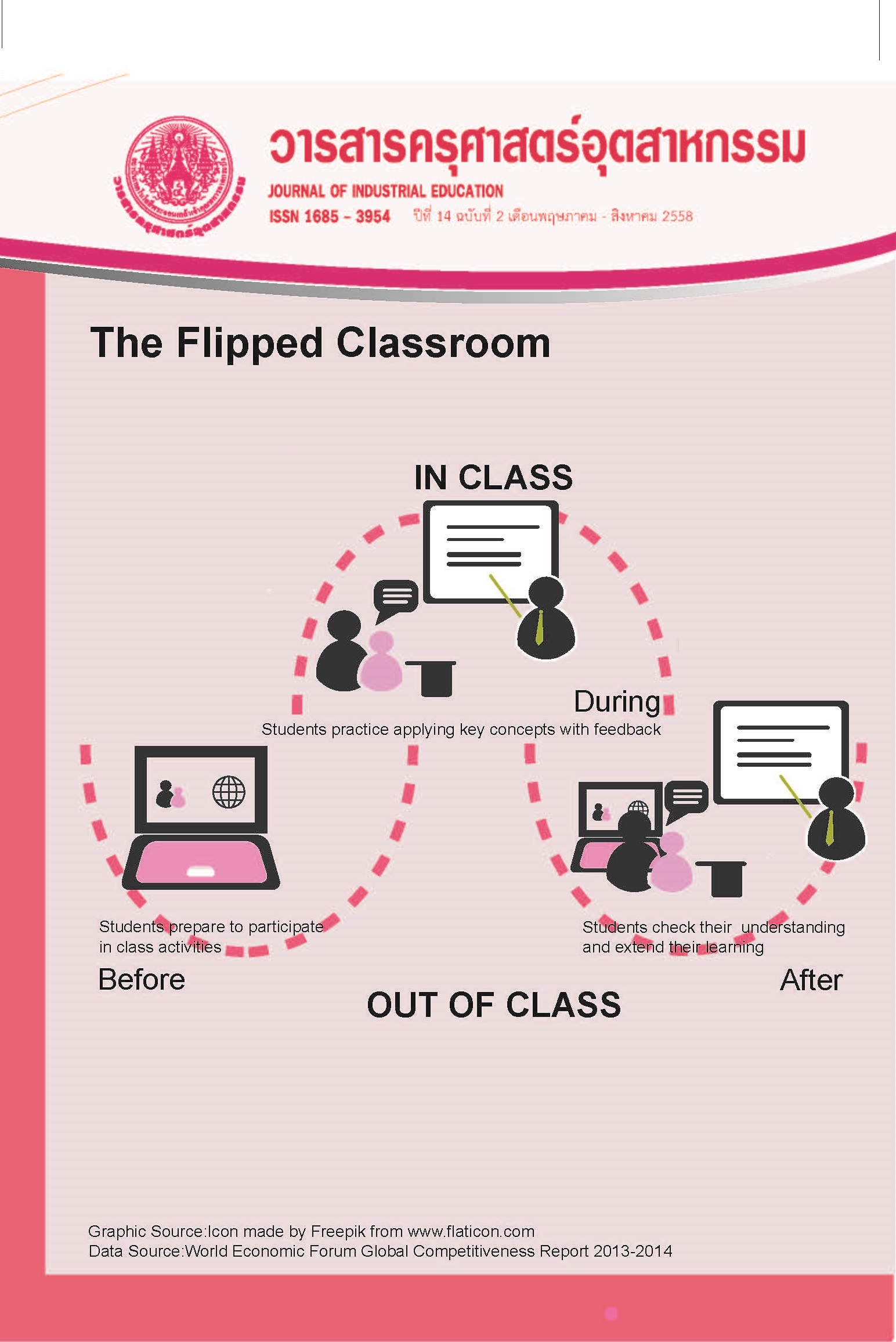Knowledge Management Factor Affecting Knowledge and Attitude toward GMP Standard System of Employee in Thai Nisshin Seifun Company Limited
Main Article Content
Abstract
The objectives of this research were to study 1) The level of knowledge and attitude toward GMP standard system of employee in Thai Nisshin Seifun Company Limited 2) Knowledge Management factor ; Knowledge identification, Knowledge Acquisition and Knowledge Sharing and Knowledge Storing affecting knowledge and attitude toward GMP standard system of employee in Thai Nisshin Seifun Company. A simple random sampling with a sample size of 107 was conducted. Questionnaires were used to collect data and analyzed by statistical program. Statistics for data analysis were percentage, arithmetic mean, and standard deviation. Multiple linear Regression was used for hypothesis testing . The results were as follows:
- Employees of Thai Nisshin Seifun Company Limited had the high level of knowledge in GMP standard system.
- Employees of Thai Nisshin Seifun Company Limited had quite good level of attitude toward GMP standard system.
- Define knowledge affected the knowledge and attitude toward GMP standard system at statistical significance level of 0.01 but the other knowledge management factors had no significant affects.
Article Details
"The opinions and contents including the words in papers are responsibility by the authors."
"ข้อคิดเห็น เนื้อหา รวมทั้งการใช้ภาษาในบทความถือเป็นความรับผิดชอบของผู้เขียน"
References
[2] ธีระวัฒน์ ชะอุ่ม.2554. การจัดการความรู้ทรัพยากรวัฒนธรรม: วัดพระศรีรัตนศาสดาราม.วิทยานิพนธ์ศิลปศาสตรมหาบัณฑิต สาขาวิชาการจัดการทรัพยากรวัฒนธรรม มหาวิทยาลัยศิลปากร.
[3] สำนักงานกรรมการอาหารและยา. 2543.แนวทางการผลิตอาหารตามหลักเกณฑ์วิธีการที่ดี (จี.เอ็ม.พี.):ตามประกาศกระทรวง สาธารณสุขฉบับที่ 193. กระทรวงสาธารณสุข.ประเทศไทย.
[4] วิจารณ์ พานิช. 2547. สถานศึกษากับการจัดการความรู้เพื่อสังคม. กรุงเทพฯ: สำนักเลขาธิการสภาการศึกษา.
[5] ประเวสวะสี.2545.การพัฒนามนุษย์แนวใหม่เพื่ออนาคตที่ยั่งยืน. กรุงเทพฯ: หมอชาวบ้าน.
[6] ชูศรี วงศ์รัตนะ. 2534. เทคนิคการใช้สถิติเพื่อวิจัย. กรุงเทพฯ: ไทยวัฒนาพานิช.
[7] ประยงค์ศรีสุกัญญา.2548.ความรู้ความเข้าใจพฤติกรรมและความพึงพอใจของพนักงานบริษัทโดลไทยแลนด์หัวหินจำกัดที่มีต่อ ระบบมาตรฐาน GMP.วิทยานิพนธ์บริหารธุรกิจมหาบัณฑิต สาขาวิชาการจัดการ มหาวิทยาลัยศรีนครินทรวิโรฒ.
[8] พวงรัตน์ ทวีรัตน์. 2543. วิธีการวิจัยทางพฤติกรรมศาสตร์และสังคมศาสตร์.พิมพ์ครั้งที่ 8. กรุงเทพฯ: จุฬาลงกรณ์มหาวิทยาลัย.
[9] วินิตาสุดหล้า อตินุช กาญจนพิบูลย์และจิระเสกข์ตรี เมธสุนทร.2551. ปัจจัยที่มีผลต่อความสำเร็จของการปฏิบัติตามระบบ มาตรฐานหลักเกณฑ์วิธีการที่ดีในการผลิต (GMP) ของอุตสาหกรรมผลิตยาในประเทศไทย. วารสารครุศาสตร์อุตสาหกรรม, 7(2),น.161-170.
[10] สุเทพ แจ้งมี.2548.การบริหารการจัดการเพื่อสร้างความพึงพอใจให้กับพนักงานของบริษัท มัตสุชิตะ อิเล็คทริคเวิร์คส์ (ไทยแลนด์) จำกัด. วิทยานิพนธ์บริหารธุรกิจ มหาบัณฑิต (การจัดการทั่วไป).มหาวิทยาลัยราชภัฏพระนครศรีอยุธยา.
[11] สุวรรณ เหรียเสาวภาคย์ และคณะ. 2548.การจัดการความรู้. กรุงเทพฯ: ก.พลพิมพ์.

